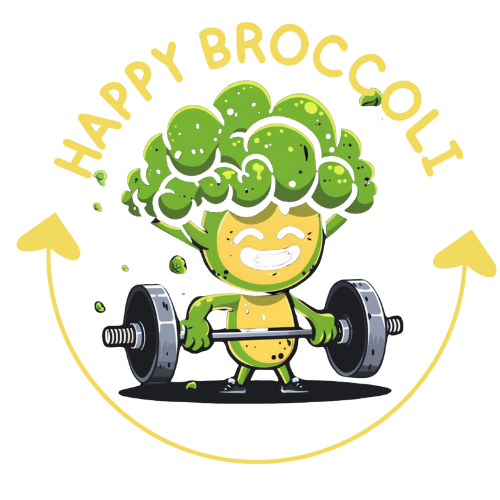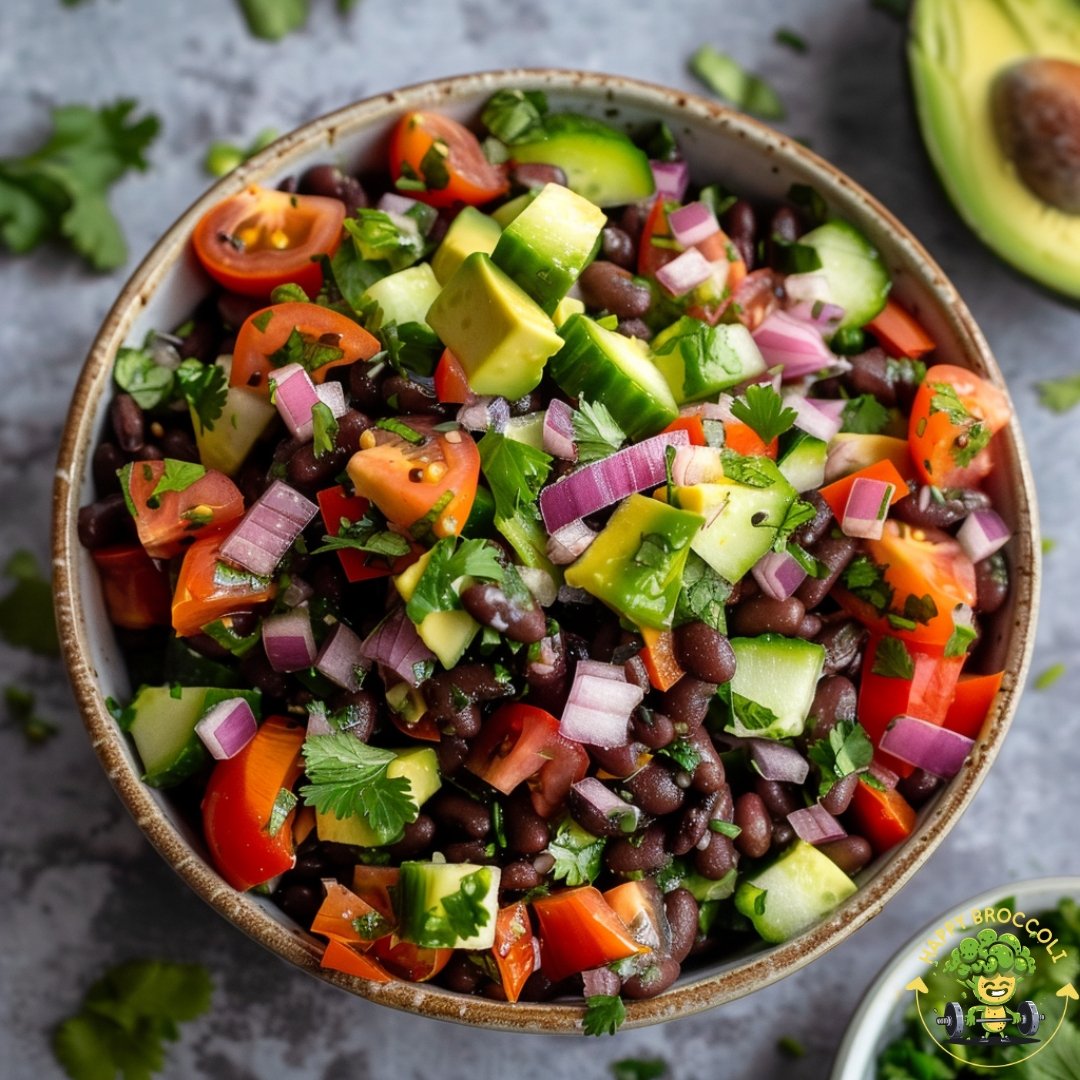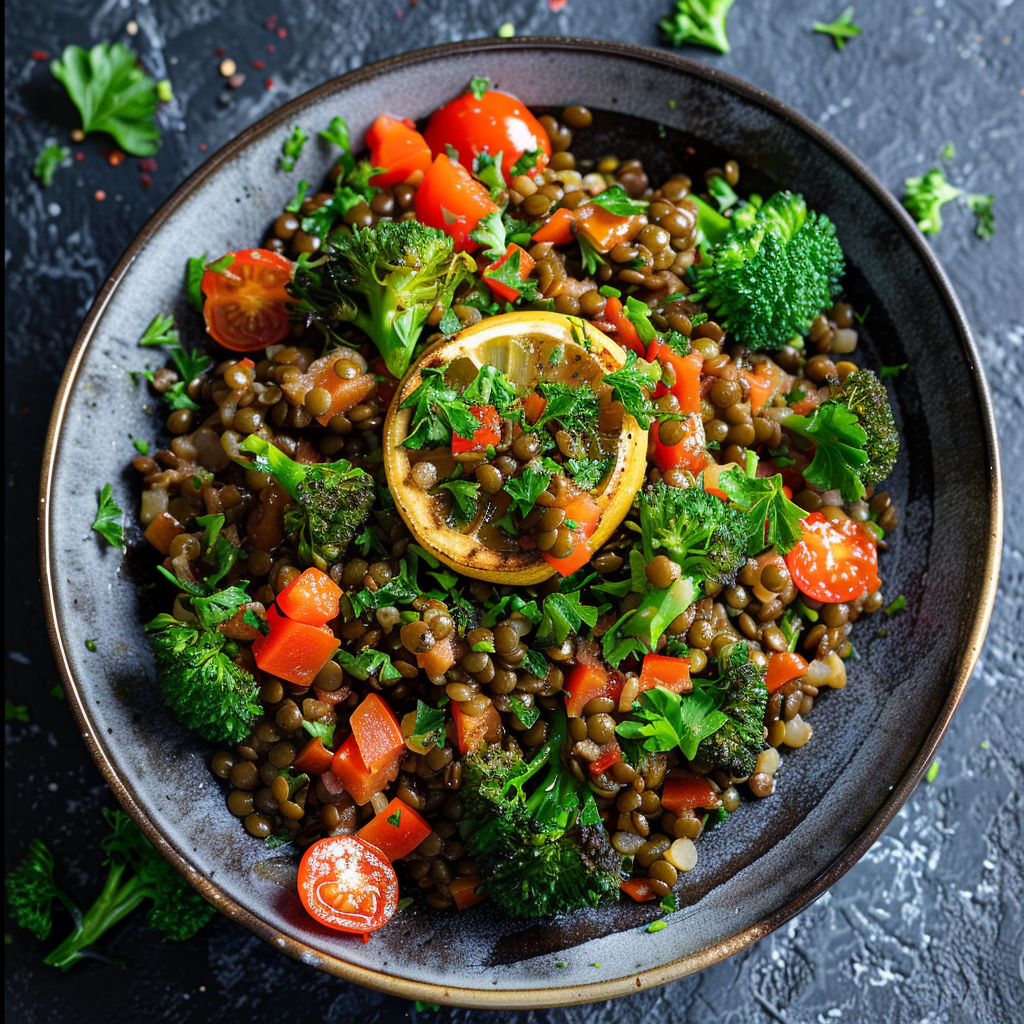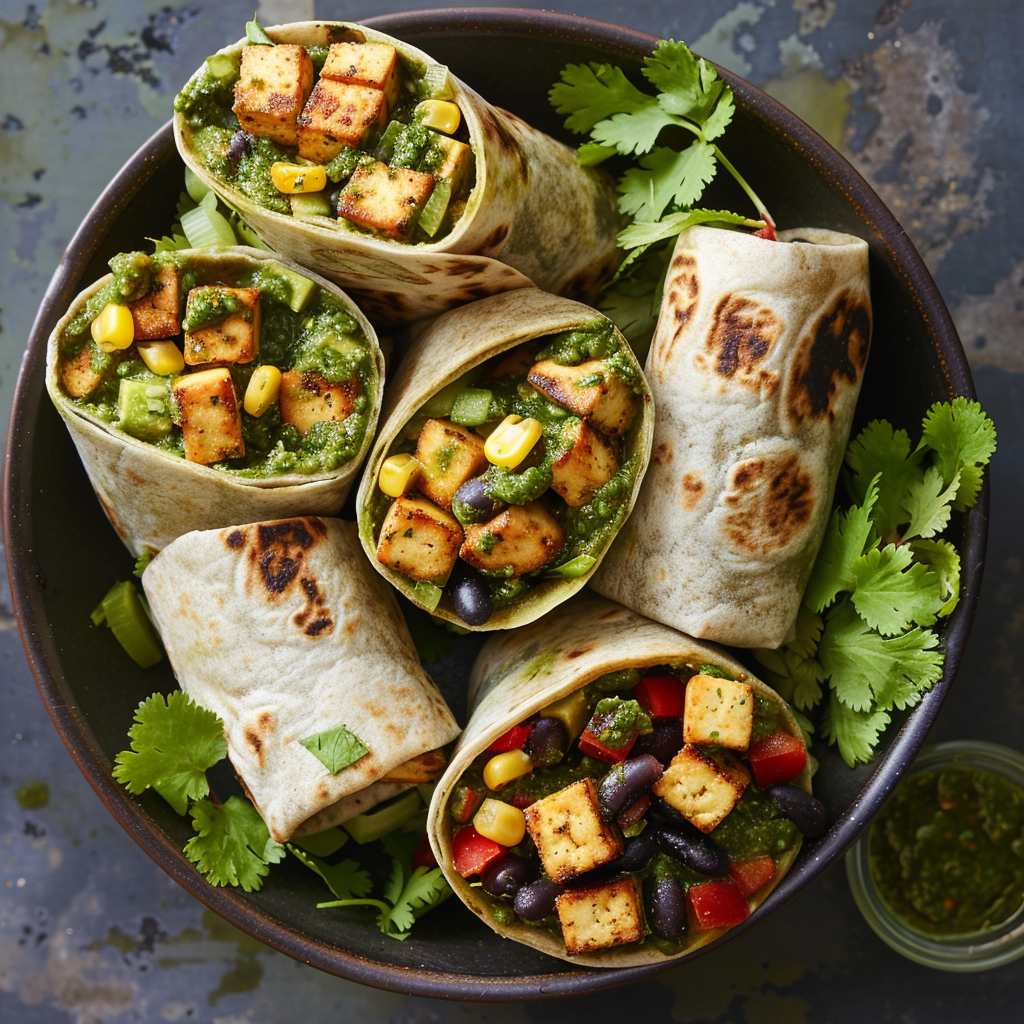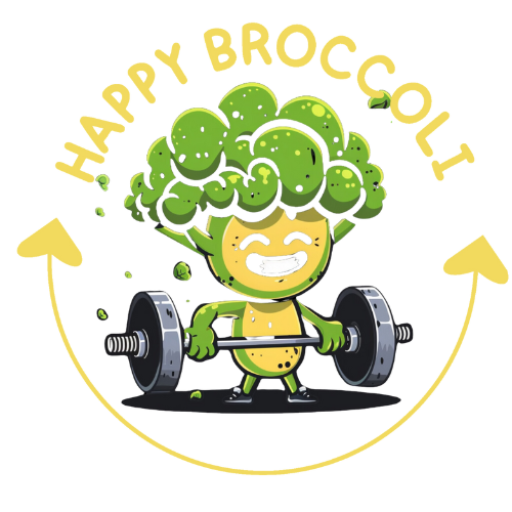In recent years, the adoption of a vegan diet has surged among athletes across various sports disciplines. This dietary shift is not merely a trend but a strategic move toward optimizing athletic performance. The vegan diet, characterized by its exclusion of animal products and emphasis on plant-based foods, offers numerous benefits that can enhance an athlete’s performance. This article delves into how a vegan diet can be a game-changer for athletes, focusing on its impact on endurance, recovery, overall health, and performance outcomes, backed by scientific research and analysis.
The Rise of the Vegan Diet in Athletics
The increasing popularity of the vegan diet among athletes is driven by a combination of ethical, environmental, and health considerations. Prominent athletes such as tennis star Novak Djokovic, ultra-endurance athlete Rich Roll, and Formula 1 driver Lewis Hamilton have publicly attributed their improved performance and quicker recovery times to their vegan diets. This growing trend raises an important question: how exactly does a vegan diet enhance athletic performance?
Nutritional Advantages of a Vegan Diet
Rich in Essential Nutrients
A well-planned vegan diet is abundant in essential nutrients such as vitamins, minerals, antioxidants, and phytochemicals. These nutrients play crucial roles in enhancing athletic performance:
- Vitamins and Minerals: Plant-based foods are rich in vitamins A, C, and E, and minerals like magnesium and potassium, which are vital for muscle function, immune health, and reducing oxidative stress. Studies have shown that adequate intake of these nutrients is associated with better performance and recovery in athletes (Clarkson, 1993).
- Antioxidants: High levels of antioxidants found in fruits, vegetables, nuts, and seeds help combat oxidative damage caused by intense physical activity, reducing muscle fatigue and promoting faster recovery. Research indicates that antioxidants can reduce exercise-induced oxidative stress, thereby improving endurance and recovery (Nieman et al., 1999).
- Phytochemicals: Compounds like flavonoids and carotenoids, found in a variety of plant foods, possess anti-inflammatory properties that aid in reducing muscle soreness and improving recovery times (Bell et al., 2014).
Enhanced Endurance and Stamina
One of the most significant benefits of a vegan diet for athletes is its potential to enhance endurance. A diet rich in complex carbohydrates from whole grains, fruits, and vegetables provides a steady source of energy, crucial for prolonged physical activity. Studies have shown that high-carb diets improve glycogen storage in muscles, thereby enhancing endurance performance (Coyle et al., 1991).

Vegan Diet and Athletic Recovery
Reduced Inflammation
Inflammation is a natural response to intense exercise, but chronic inflammation can hinder recovery and performance. The anti-inflammatory properties of a vegan diet, derived from the high intake of fruits, vegetables, nuts, and seeds, help in mitigating this issue. Omega-3 fatty acids, found in flaxseeds, chia seeds, and walnuts, are particularly effective in reducing inflammation (Simopoulos, 2002).
Improved Muscle Recovery
Protein is essential for muscle repair and growth, and a common misconception is that a vegan diet lacks adequate protein. However, plant-based protein sources such as lentils, chickpeas, quinoa, and tofu can meet an athlete’s protein requirements. Moreover, these sources often come with additional benefits such as fiber, vitamins, and minerals that support overall health. Research supports that plant-based proteins can be as effective as animal proteins in supporting muscle recovery and growth (Phillips, 2014).

Overall Health Benefits
Cardiovascular Health
A vegan diet is typically lower in saturated fats and cholesterol, contributing to better cardiovascular health. Improved blood circulation ensures that muscles receive sufficient oxygen and nutrients, enhancing performance and recovery. Studies have also linked plant-based diets to lower blood pressure and reduced risk of heart disease, both of which are critical for maintaining peak athletic performance (Esselstyn, 2010).
Weight Management
Maintaining an optimal weight is crucial for many athletes. A vegan diet, being high in fiber and low in calorie-dense processed foods, can help in achieving and maintaining a healthy weight. Fiber-rich foods promote satiety, reducing the likelihood of overeating and supporting effective weight management strategies (Barnard et al., 2015).

Scientific Insights into the Vegan Diet
Glycogen Storage and Utilization
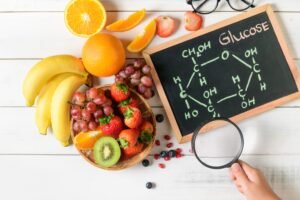 Carbohydrates are the primary fuel source for high-intensity exercise. The ability to store and efficiently utilize glycogen is crucial for endurance athletes. Research has shown that a diet rich in complex carbohydrates, typical of a vegan diet, enhances muscle glycogen stores. This is supported by a study by Burke et al. (2017), which found that athletes on high-carbohydrate diets had significantly greater muscle glycogen stores compared to those on low-carbohydrate diets.
Carbohydrates are the primary fuel source for high-intensity exercise. The ability to store and efficiently utilize glycogen is crucial for endurance athletes. Research has shown that a diet rich in complex carbohydrates, typical of a vegan diet, enhances muscle glycogen stores. This is supported by a study by Burke et al. (2017), which found that athletes on high-carbohydrate diets had significantly greater muscle glycogen stores compared to those on low-carbohydrate diets.
Anti-Inflammatory Effects
Chronic inflammation can impair recovery and performance. A study by Li et al. (2014) demonstrated that plant-based diets significantly reduce markers of inflammation, such as C-reactive protein. The anti-inflammatory effects are attributed to the high intake of antioxidants and phytochemicals, which neutralize free radicals and reduce oxidative stress.
Protein Quality and Muscle Synthesis
The concern about protein quality in vegan diets is addressed by understanding that plant proteins can provide all essential amino acids when consumed in variety. A study by Mangano et al. (2017) highlighted that mixed plant-based protein sources could support muscle protein synthesis as effectively as animal proteins when total protein intake is adequate.
Practical Considerations for Athletes
Ensuring Adequate Protein Intake
Athletes following a vegan diet must ensure they consume sufficient protein to support muscle repair and growth. Combining different plant-based protein sources can provide a complete amino acid profile. For instance, pairing rice with beans or hummus with whole grain bread ensures that all essential amino acids are covered. The recommended protein intake for athletes ranges from 1.2 to 2.0 grams per kilogram of body weight, depending on the intensity and type of sport (Thomas et al., 2016).
Micronutrient Monitoring
Certain nutrients, such as vitamin B12, iron, and omega-3 fatty acids, require special attention in a vegan diet:
- Vitamin B12: This vitamin is primarily found in animal products, so vegans should consume fortified foods or take supplements to meet their needs. A deficiency in B12 can lead to anemia and neurological issues (Pawlak et al., 2013).
- Iron: Plant-based iron (non-heme iron) is less bioavailable than animal-based iron (heme iron). Consuming iron-rich foods such as lentils, spinach, and fortified cereals along with vitamin C-rich foods can enhance absorption (Hurrell & Egli, 2010).
- Omega-3 Fatty Acids: Essential for reducing inflammation and supporting cardiovascular health, omega-3s can be obtained from flaxseeds, chia seeds, and algae-based supplements (Sanders, 2009).
The Vegan Diet in Action: Success Stories
Endurance Athletes
Endurance athletes, such as marathon runners and triathletes, have reported significant improvements in performance and recovery on a vegan diet. Rich Roll, an ultra-endurance athlete, attributes his enhanced stamina and quicker recovery times to his plant-based diet. His success story has inspired many athletes to explore the benefits of vegan nutrition.
Strength Athletes
Even in strength sports, where protein intake is a primary concern, vegan athletes have excelled. Patrik Baboumian, a strongman competitor, has set world records while following a vegan diet. His achievements challenge the notion that animal protein is essential for building muscle and strength.
Transitioning to a Vegan Diet
Gradual Changes
Athletes considering a switch to a vegan diet should do so gradually. This allows the body to adapt to new food sources and minimizes the risk of digestive issues. Gradual changes also provide time to identify suitable plant-based alternatives for favorite meals and snacks.
Professional Guidance
Consulting with a sports nutritionist can help tailor a vegan diet to meet specific athletic goals. A nutritionist can provide guidance on meal planning, supplementation, and monitoring nutrient intake to ensure optimal performance and health.
Addressing Common Concerns
Energy Availability
Athletes often worry about maintaining adequate energy levels on a vegan diet. Ensuring a high intake of calorie-dense foods like nuts, seeds, avocados, and whole grains can provide sufficient energy for high-intensity training and competition.
Digestive Health
A sudden increase in fiber intake from a vegan diet can lead to digestive discomfort. Gradually increasing fiber intake and staying hydrated can help mitigate these issues. Probiotic-rich foods like yogurt alternatives and fermented vegetables can also support digestive health.
Supplementation Needs
In addition to vitamin B12, other supplements that might be beneficial for vegan athletes include vitamin D, especially in regions with limited sunlight, and creatine, which can enhance high-intensity performance and muscle recovery (Craddock et al., 2016).
Conclusion: The Future of Athletic Nutrition
The vegan diet offers a compelling array of benefits for athletes, from enhanced endurance and quicker recovery to overall health improvements. As more athletes and researchers explore the potential of plant-based nutrition, the evidence supporting its positive impact on performance continues to grow. Embracing a vegan diet can be a powerful step toward achieving peak athletic performance while promoting long-term health and sustainability.
References:
- Barnard, N. D., Levin, S. M., & Yokoyama, Y. (2015). A systematic review and meta-analysis of changes in body weight in clinical trials of vegetarian diets. Journal of the Academy of Nutrition and Dietetics, 115(6), 954-969.
- Bell, P. G., et al. (2014). The role of nutritional supplements in the prevention and treatment of resistance exercise-induced skeletal muscle injury. Sports Medicine, 44(1), 1-9.
- Burke, L. M., et al. (2017). Carbohydrates for training and competition. Journal of Sports Sciences, 35(24), 2202-2210.
- Clarkson, P. M. (1993). Antioxidants and physical performance. Critical Reviews in Food Science and Nutrition, 33(4-5), 369-399.
- Coyle, E. F., et al. (1991). Muscle glycogen utilization during prolonged strenuous exercise when fed carbohydrate. Journal of Applied Physiology, 61(1), 165-172.
- Esselstyn, C. B. (2010). A plant-based diet and coronary artery disease: a mandate for effective therapy. Journal of Geriatric Cardiology, 7(4), 221-226.
- Hurrell, R. F., & Egli, I. (2010). Iron bioavailability and dietary reference values. American Journal of Clinical Nutrition, 91(5), 1461S-1467S.
- Li, D., et al. (2014). The effect of the vegetarian diet on the risk of coronary heart disease: a meta-analysis of prospective cohort studies. Annals of Nutritional Metabolism, 64(4), 350-359.
- Mangano, K. M., et al. (2017). Diet quality and nutritional biomarkers related to vegetarian dietary patterns. Journal of the Academy of Nutrition and Dietetics, 117(10), 1666-1672.
- Nieman, D. C., et al. (1999). Physical fitness and vegetarian diets: is there a relation? The American Journal of Clinical Nutrition, 70(3), 570S-575S.
- Pawlak, R., et al. (2013). How prevalent is vitamin B12 deficiency among vegetarians? Nutrition Reviews, 71(2), 110-117.
- Phillips, S. M. (2014). A brief review of critical processes in exercise-induced muscular hypertrophy. Sports Medicine, 44(1), 71-77.
- Sanders, T. A. (2009). DHA status of vegetarians. Prostaglandins, Leukotrienes and Essential Fatty Acids, 81(2-3), 137-141.
- Simopoulos, A. P. (2002). Omega-3 fatty acids in inflammation and autoimmune diseases. Journal of the American College of Nutrition, 21(6), 495-505.
- Thomas, D. T., et al. (2016). Position of the Academy of Nutrition and Dietetics, Dietitians of Canada, and the American College of Sports Medicine: Nutrition and Athletic Performance. Journal of the Academy of Nutrition and Dietetics, 116(3), 501-528.
- Wright, N., et al. (2017). The BROAD study: A randomized controlled trial using a whole food plant-based diet in the community for obesity, ischemic heart disease or diabetes. Nutrition & Diabetes, 7(3), e256.
